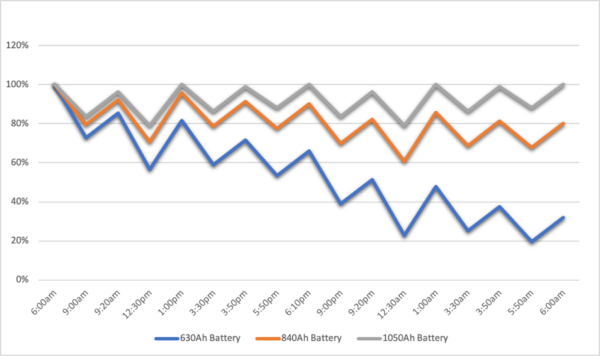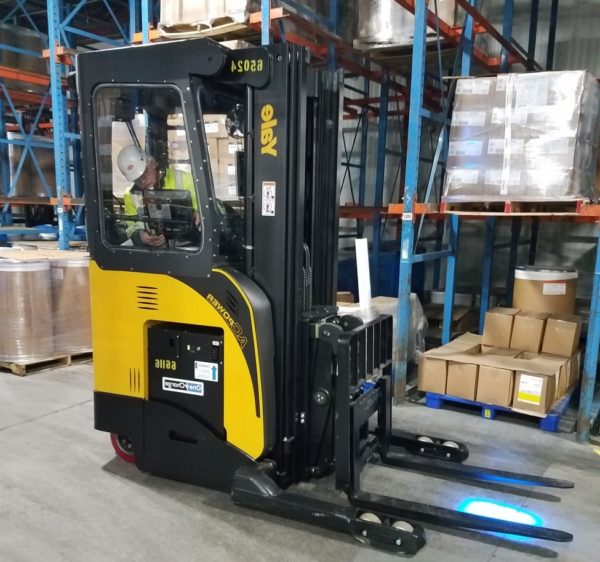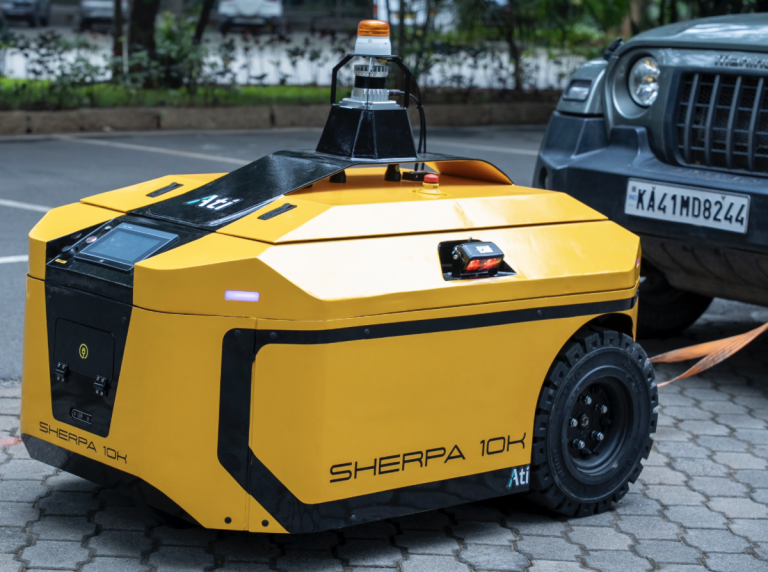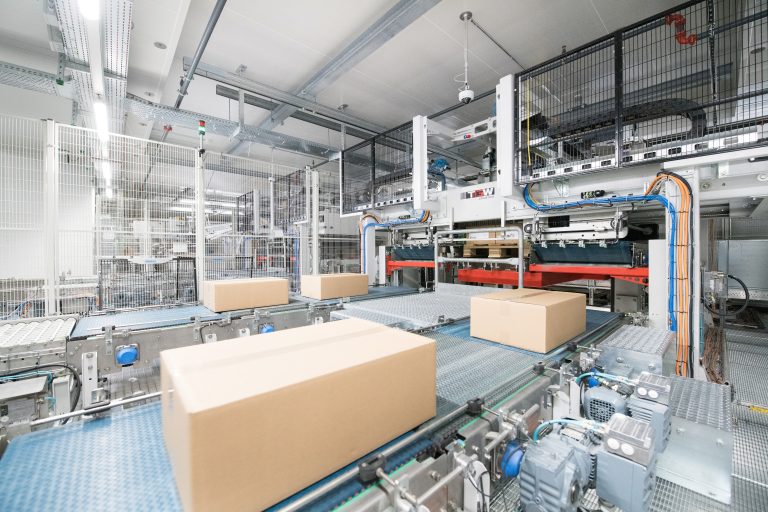One of the leading US dairy producers made the switch to OneCharge Lithium-Ion batteries to ensure uninterrupted multishift warehouse forklift fleet operations in temperatures ranging from -30 to 70F.
“We ran the numbers and never bought a lift truck without a Li-ion battery after that!”. Warehouse Manager.
Executive Summary
The Company featured here is one of the country’s largest branded food and beverage companies with 13 manufacturing plants throughout the United States.
In 2018 the Company was looking into ways to improve its operating efficiency and safety. Freezer and Cooler environment with low temperatures put a lot of strain on lead-acid batteries resulting in long charging hours and operations’ disruptions.
The switch to Yale trucks powered by OneCharge FROST Li-ion batteries was smooth and did not require any operational or infrastructure changes. As a result, the operations management saw an increase in forklifts’ runtime and a major decrease in charging and overall battery maintenance time. Workplace safety has also improved.
Challenges
In close to 200 years of its history, this dairy producer has grown to become one of the leading national dairy producers with the highest operational and safety standards. Although electric forklifts are the best choice for food manufacturing and personnel safety, the lead-acid batteries were creating constant issues. Besides acid spills and fumes in the course of daily maintenance, lead-acid technology has an inherent weakness – these batteries lose up to 33% of its power in a cold environment (30F), not to mention Freezer with its brutal -20F. Taking into account that a lead-acid battery can’t go under 20% of discharge, and a rigid charging schedule of 8 hours of charging and 8 hours of cooling, the fleet performance was obviously suboptimal.
The uptime increase has become a real issue for the company with the 2 shifts operations when batteries needed to be charged and changed in the middle of a shift. “There was a lot of frustration!”, said Steve Castrignano, NITCO Sales Manager, one of the leading national dealers of Material Handling Equipment.
How OneCharge Lithium Batteries helped
When Steve Castrignano from NITCO introduced the facility management to the new Li-ion technology, they already knew about this technology for years. Warehouse Manager was however apprehensive of the actual performance of Li-ion batteries in the cold environment. There were no benchmarks and other cases at the hand of Li-ion batteries operating in similar applications.
Steve started with a full power study of the equipment application, including an analysis of data on charging time, maintenance time, and full ROI calculations. He came up with a “one truck – one battery” design based on Li-ion power solution, and a new set up of the chargers closer to the operations.
The Company decided to start with a Demo battery to make a data-driven decision. OneCharge Lithium solution features advanced data capabilities. The battery’s BMS (Battery Management System) provides insights on the battery State of Discharge, exact timing and duration of charge and discharge events, and calculates total Ah throughput. Not only this allow us to calculate exactly the battery useful lifetime, but also makes a decision on voltage and capacity best suited for the specific operation!
After a few weeks of operations, the actual use of data from the Demo battery was clear – a battery of a bigger capacity is required for optimal performance. 630Ah capacity recommendation was corrected to an 830Ah.

OneCharge offered FROST I batteries for lift trucks operating in the Cooler environment. These batteries have thermal insulation of the cells, allowing to safely operate at around 30F and occasional trips into the Freezer. These batteries need to be charged outside of a Freezer.
For the Freezer operations, the Company acquired OneCharge FROST II batteries, which can operate at temperatures as low as -22F, and never leave a Freezer, including charging time! These batteries have thermostat-controlled heater placed below the cells, cells are insulated, the case is sealed to keep out dust and condensation.
Opportunity charging during any break and lunchtime provides top performance to a Li-ion battery at any given moment, one, two or even 3 shifts a day!
Results, Return on Investment and Future Plans
This dairy producer branch now operates forklifts powered with OneCharge Li-ion Batteries specifically designed and customized for each operation – FROST I and II for Freezer and Cooler environment and Standard American Lithium for regular ambient temperatures.
The Warehouse Manager reports a slight increase of forklifts’ runtime and a massive decrease in charging and overall maintenance time. The safety improvements are also important – there are no more risks of acid spill and fumes or heavy batteries swapped related risks. Other company facilities are looking closely at this case and some are already on the way to the switch to Li-ion.
Any major stress on the economy and business propels the trends in technology that were already building momentum in “peaceful” time. Companies are looking for ways to improve efficiency as a matter of survival, not just a nice-to-have or expendable environmental initiative.
Efficient Li-ion batteries are replacing the old lead-acid technology. Tried-and-tested lithium solutions are no longer newcomers and we will see accelerating adoption of Li-ion batteries by all players in material handling over the next few years.











